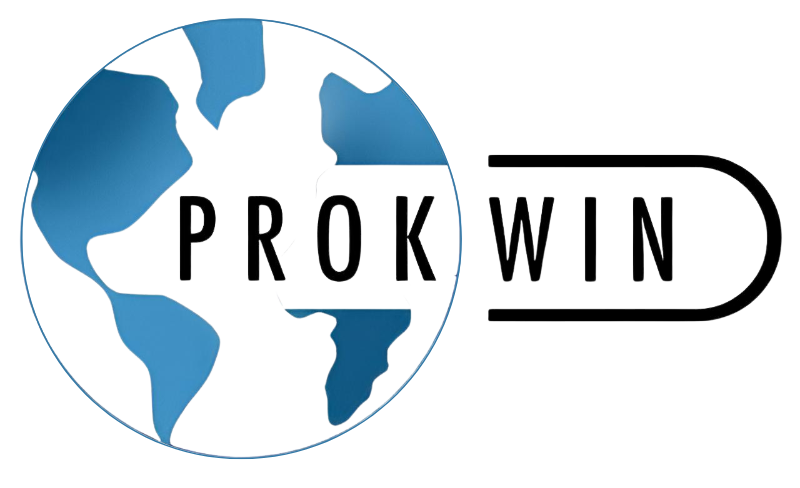Procurement platforms have the potential to be powerful tools for driving decarbonization. By integrating sustainability factors into the entire sourcing and procurement process, these platforms can help organizations make more informed and environmentally responsible decisions.
Key strategies for incorporating decarbonization into procurement platforms include:
- Prioritizing sustainable suppliers: Use AI-powered algorithms to identify suppliers with strong environmental performance, such as those with lower carbon footprints, renewable energy usage, and certifications like ISO 14001.
- Encouraging sustainable practices: Include sustainability requirements in RFPs and offer incentives to suppliers who demonstrate exceptional environmental performance.
- Tracking carbon emissions: Use advanced tools to calculate the carbon footprint of each procurement transaction, enabling organizations to identify areas for improvement and set reduction targets.
- Promoting sustainable products: Curate catalogs of sustainable products and services, ensuring that buyers have access to eco-friendly options.
- Fostering collaboration: Facilitate collaboration between buyers and suppliers to develop joint sustainability initiatives, such as reducing packaging waste or implementing renewable energy solutions.
- Leveraging data analytics: Use data analytics to optimize transportation routes, identify waste reduction opportunities, and track progress towards decarbonization goals.
- Ensuring transparency: Maintain transparency in the procurement process, including supplier selection criteria and sustainability performance metrics.
By implementing these strategies, procurement platforms can empower organizations to make more sustainable purchasing decisions and contribute to a more decarbonized future.
Procurement Platforms for Decarbonization Tracking
Several procurement platforms offer features that enable organizations to track decarbonization efforts in collaboration with third-party providers. These platforms often integrate with carbon footprint calculation tools, sustainability rating agencies, and other relevant services. Here are some examples:
- Coupa: Coupa’s platform integrates with various third-party carbon footprint calculation tools and sustainability rating agencies. This allows organizations to track the carbon emissions associated with their procurement activities and assess the sustainability performance of their suppliers.
- SAP Ariba: SAP Ariba offers a suite of sustainability tools, including carbon footprint tracking and supplier sustainability assessment. The platform can integrate with third-party carbon footprint calculators and sustainability rating agencies to provide comprehensive data.
- Oracle Procurement Cloud: Oracle’s cloud-based procurement solution includes features for tracking carbon emissions and assessing supplier sustainability. It can be integrated with third-party tools to provide more granular insights.
- Ivalua: Ivalua’s platform offers a range of sustainability features, including carbon footprint tracking and supplier sustainability assessment. It can be integrated with third-party carbon footprint calculators and sustainability rating agencies.
- Zycus: Zycus’ procurement platform includes features for tracking carbon emissions and assessing supplier sustainability. It can be integrated with third-party carbon footprint calculators and sustainability rating agencies.
Key features to look for in a procurement platform for decarbonization tracking:
- Integration with third-party tools: The platform should be able to integrate with carbon footprint calculation tools, sustainability rating agencies, and other relevant services.
- Data analytics and reporting: The platform should provide robust data analytics and reporting capabilities to track progress towards decarbonization goals.
- Supplier sustainability assessment: The platform should enable organizations to assess the sustainability performance of their suppliers, including their carbon footprint and ESG ratings.
- Carbon footprint tracking: The platform should be able to track the carbon emissions associated with procurement activities, from sourcing to delivery.
- Sustainability reporting: The platform should support the generation of sustainability reports that can be used to communicate progress and demonstrate commitment to decarbonization.
By selecting a procurement platform that offers these features, organizations can effectively track their decarbonization efforts and make informed decisions to reduce their environmental impact.

No responses yet